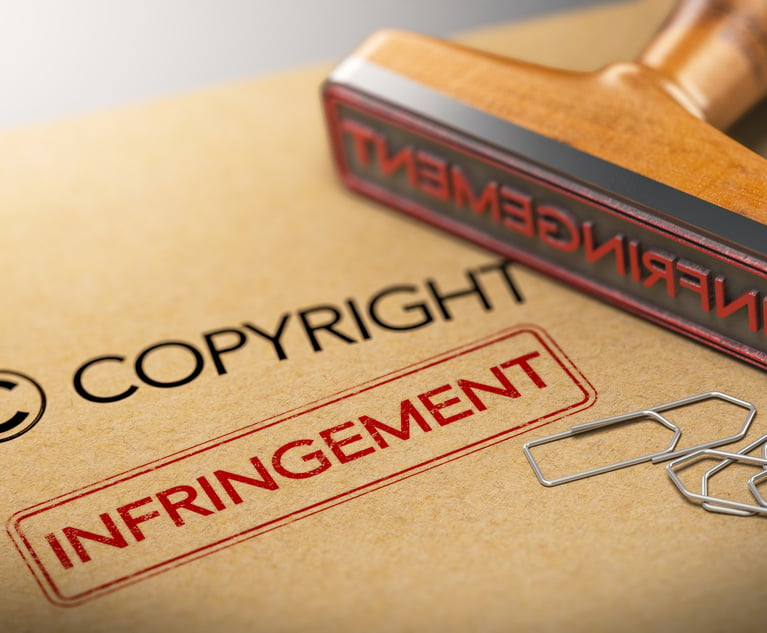 The early internet was created to facilitate the robust sharing of information among the research institutions and military facilities that were its first nodes. As the network grew, it retained that character and became the foundation for new ways to access and share information—including what we now know as the Web and various social media services. Almost all these services were designed around an ethos of making content as widely and easily accessible as possible, and in the social media world, an entire sharing economy arose, with its own “currency”—engagement (itself based on sharing and reposting).
The early internet was created to facilitate the robust sharing of information among the research institutions and military facilities that were its first nodes. As the network grew, it retained that character and became the foundation for new ways to access and share information—including what we now know as the Web and various social media services. Almost all these services were designed around an ethos of making content as widely and easily accessible as possible, and in the social media world, an entire sharing economy arose, with its own “currency”—engagement (itself based on sharing and reposting).
Perhaps predictably, as these services have grown in scope and became more integral to everyday life, their character has transformed as well. While social media is still used to keep up with friends and family or explore personal interests, it has also become a primary source of news, commercial announcements, brand-building, and advertising for companies and individual “influencers” alike.






